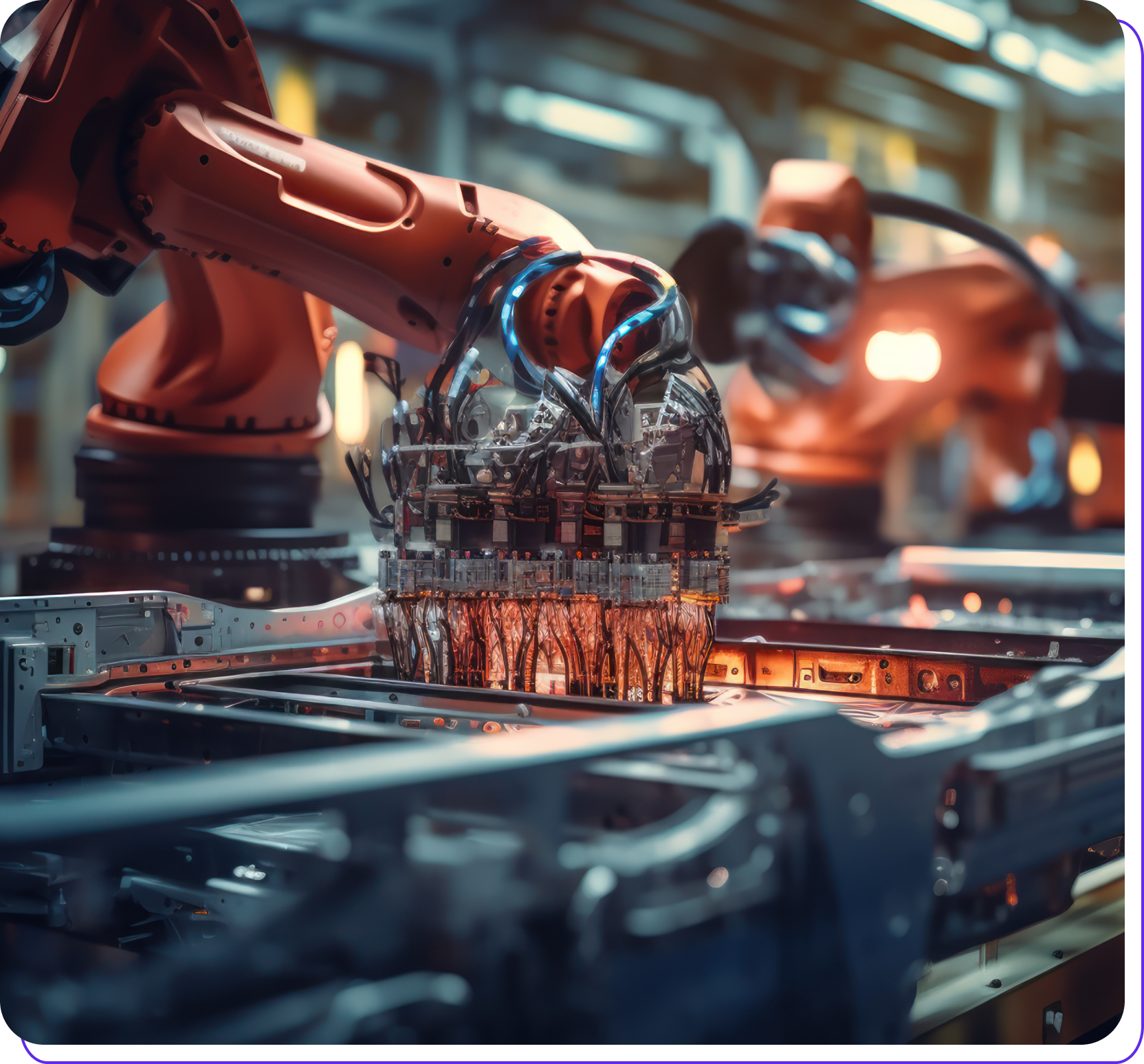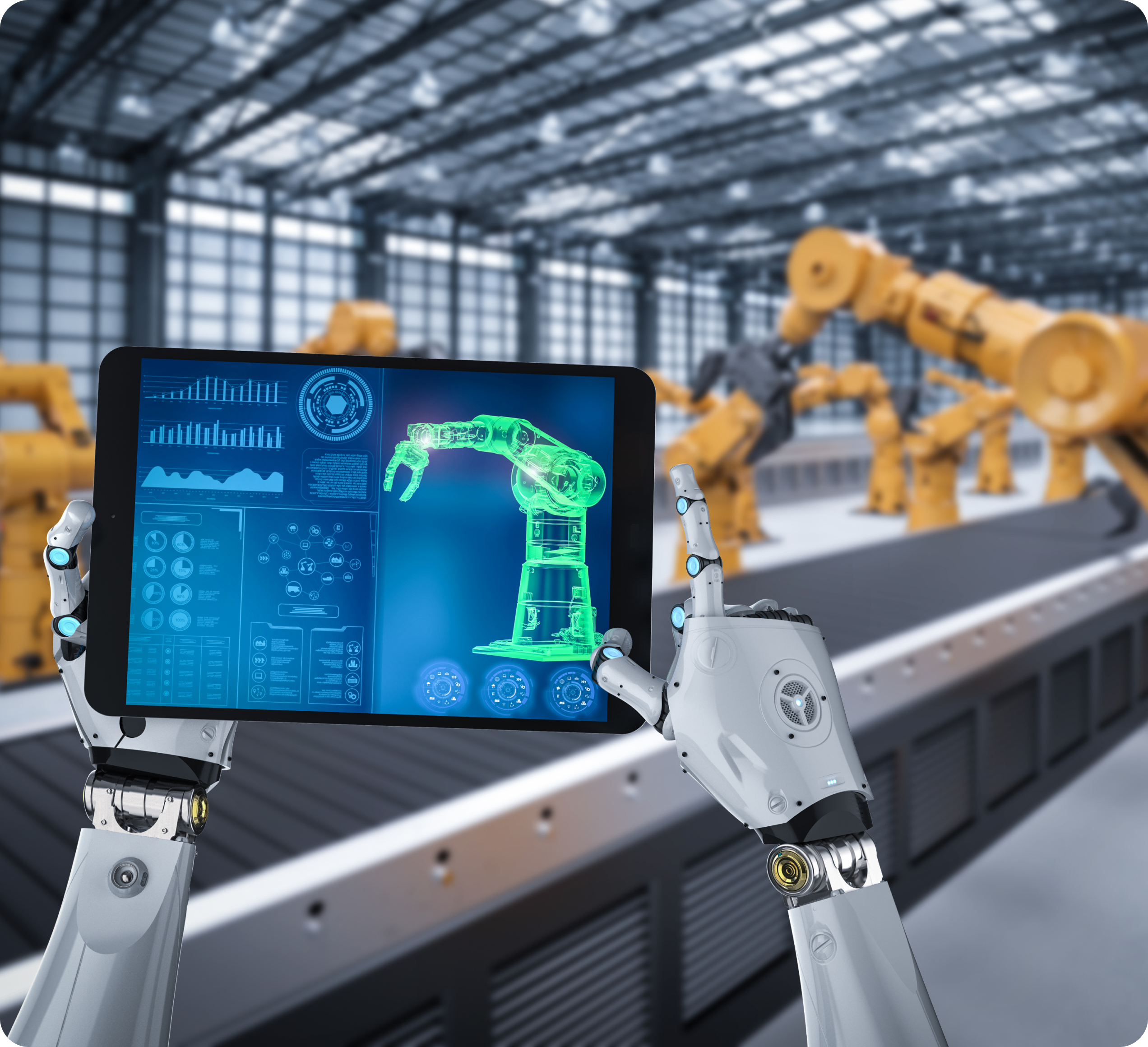Manufacturing
Artificial Intelligence in Manufacturing
The manufacturing industry is undergoing a significant transformation driven by Artificial Intelligence (AI). AI is automating tasks, optimizing processes, and unlocking valuable insights from data, leading to increased efficiency, productivity, and improved product quality.
Applications of AI in Manufacturing
Challenges of AI in Manufacturing

The Future of AI in Manufacturing

By embracing AI strategically, manufacturers can unlock new levels of efficiency, improve product quality, and gain a competitive edge in the global market. As AI technology continues to evolve, the future of manufacturing promises to be more intelligent, connected, and adaptable.